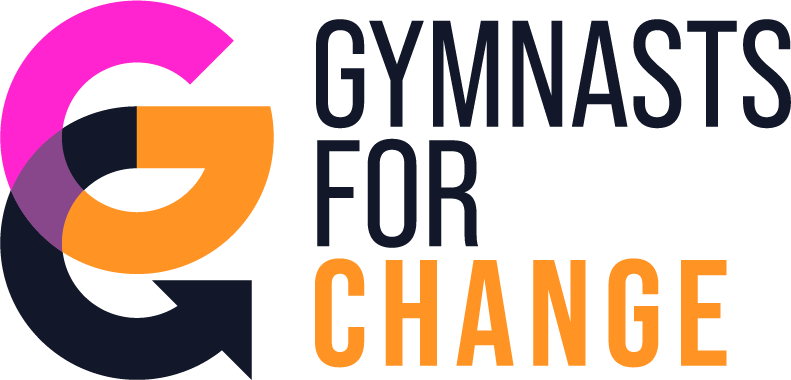The Lolita Bind
Gymnasts for Change founder Claire Heafford discusses how the negative experiences of those who have faced abuse within the context of gymnastics fit in to The Lolita Bind. She argues that by treating elite child gymnasts as both - and neither - adults or children, they are left vulnerable to abuse.
At the heart of abuse within gymnastics is the use of the ‘double bind’. A ‘double bind’ is a situation in which the person in the bind can not win. They are ‘damned’ if the do and ‘damned’ if they don’t.
The concept of double bind theory comes from the work of the esteemed British Anthropologist Gregory Bateson. Bateson demonstrated through his work with dolphins that mammals and humans alike can be driven crazy when placed in such binds.
In gymnastics the double bind operates as follows: You are a child - an elite child athlete, but nonetheless still legally a child. As an elite child athlete, you are expected to train the same number of hours as any other professional adult athlete. You are expected to have and display the same amount of self-discipline as any of professional adult athlete. You are expected to deliver winning performances, at specific championships, in order to win medals that are attached to government funding, just like any professional adults athlete is.
This is the first double standard. You are a child but you are treated like an adult. During your training, despite having all the expectations of an adult athlete placed on your shoulders, you are treated as if you are a child. You have no autonomy, you must only follow instructions, and you have no agency to change the instructions that are given to you. You are never asked your opinion, or asked about your hopes, goals or dreams.
When you do speak, you are not listened to, and your concerns are dismissed as childish. You train like an adult but you are treated like a child.
This is the second double standard; and the beginning of the double bind. Confused? That’s the whole point. While training in the gym, doing your required professional adult athlete training hours, if the coach is displeased with you are reprimanded.
This is where the double bind kicks in. You have two options: (A), if you react like a child, divert your eyes and cry, complain or show emotion, you are told to stop behaving like a child. That you are pathetic and not worth the coach’s attention. Or (B), if you react like an adult, look the coach in the eye, take the verbal abuse, don’t show emotion and remain upright in your posture, you are considered defiant - told to get out of the gym and think about your attitude.
At no point does the coach try to speak to you about what is going on for you. At no point do they ask you questions about what you are experiencing, unless the questions are sarcastic and rhetorical. If the gymnast has fighting spirit, confidence and a competitive edge, they are systematically worn down by the coach who sees them as challenging.
They will be bullied and humiliated until they leave and choose freedom rather than abuse. Conversely, if the gymnast is timid, does all they can not to anger the coach, is docile and unfalteringly compliant, they will still be told that their compliance is not enough. There is still more they can do to not deserve the coach’s wrath.
These are the children who stay, the pleasers who become coaches and get entangled in an ever growing toxic system. At times the persistence of type B’s is rewarded with favour. But the favour never lasts and new strategic alliances are formed, leaving pleasers vulnerable to being dropped.
In this space between child and adult, boundaries can be skilfully crossed and lines can be blurred. The child never has the upper hand and the game is set up to ensure that not only does the child never win, they also always loose.
This relentless power play is not always visible to those on the periphery. Parents, admin staff, cleaners, other gymnasts who are not being victimised… often they do not see this sometimes imperceptible but chronic form of abuse. And because it’s so hard to identify, and can so easily be defended - ‘she’s just a difficult teenager, it’s just strict coaching, she’s just not mature enough to cope with the demands of the sport’ - it teaches the child that the unjust treatment they receive is the fault of no one but themselves, because they are inherently deficient.
Sport is supposed to build you up, build resilience, build character and make you strong. The Lolita bind does the opposite. It shatters your confidence and self-esteem right at the point of your life when you are most vulnerable, leaving you fragmented.

